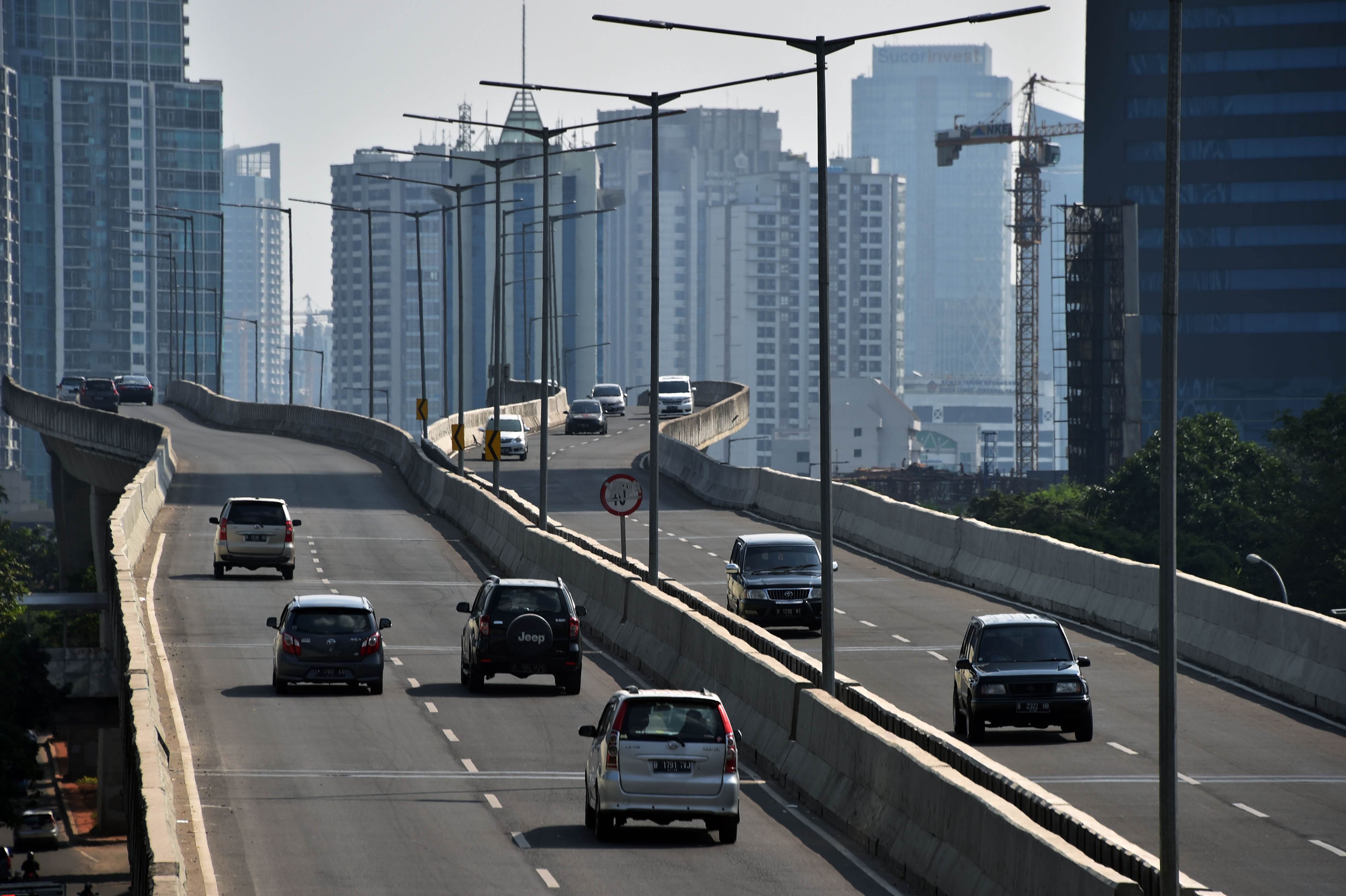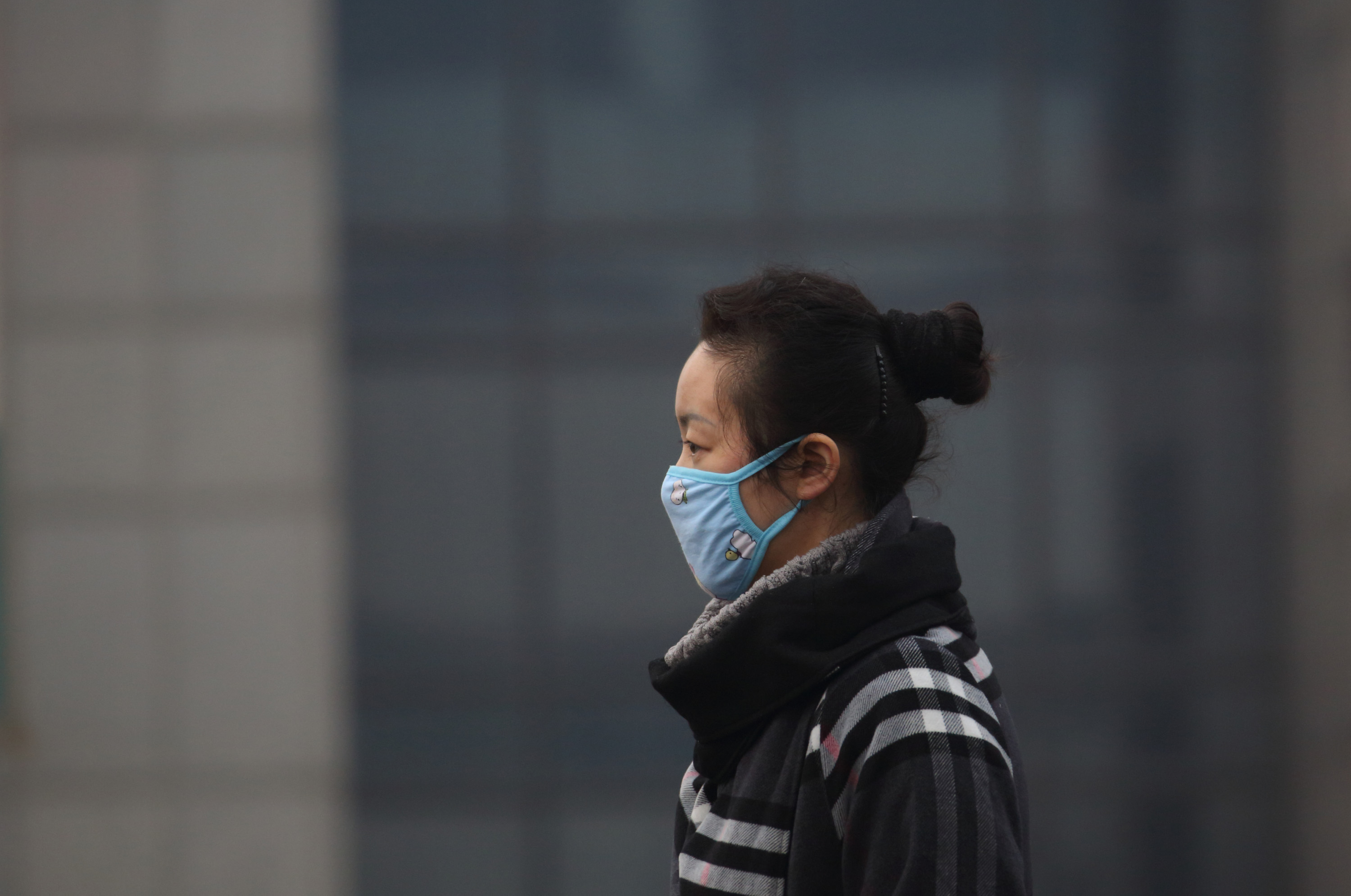1. Highway to heaven
The Jakarta Post/ANN

More than 30 accidents, roughly one each day, have occurred along the newly operated Cipali toll road connecting Cikopo and Palimanan in West Java before and after its inauguration on June 13.
The latest and deadliest crash took place on Monday, when a minivan caught fire after it rammed into a truck parked in the emergency lane. As of Tuesday, seven passengers have died as a result of the accident, while four others remain in a critical condition.
That traffic accidents have frequently occurred along the 116 kilometre toll road should give us cause for concern as millions of holiday revelers will soon stream onto the country's longest turnpike en route to their hometowns.
The annual homecoming ritual will begin in the next few days. For the sake of safety, critics, including lawmakers, have demanded that the government and the toll road operator take all actions possible to ensure the upcoming Idul Fitri exodus is free from accidents.
Construction of the toll road, which is part of the Trans- Java Highway, had been accelerated to facilitate the journey of homeward-bound holiday travelers. The road will save commuters roughly two hours compared with traveling along the conventional northern coastal route.
Officials have said that the toll road will shave 40 per cent off the northern coast road's burden, assisting in the movement of humans and goods. The toll road is expected to lessen the traffic gridlock that used to plague the coastal road during the annual Idul Fitri exodus and its return.
The toll road lacked basic safety features, such as street lights, markers, guard rails and posts when it was opened to the public last month. Construction of some rest areas was also still underway at that time.
However, as of Monday, Hudaya Arryanto, deputy director of the toll road operator PT Lintas Marga Sedaya, claimed that all supporting facilities were in place, including two gas stations.
In most of the traffic accidents the National Police have recorded so far, the human factor was to blame rather than a lack of road safety facilities. Exhaustion, drowsiness and sometimes the influence of drugs triggered toll road accidents.
Many seem to be unaware that most accidents are avoidable if drivers comply with traffic and safety rules, regardless of the presence of traffic signs or police.
As in the case of the fatal accident on Monday, the minivan driver was overtaking a car from the left, only to meet the parking truck. The failure to follow a very basic traffic rule resulted in a terrible loss of life.
The accident speaks volumes about the discipline that most drivers, ranging from less educated public transportation drivers to highly educated luxury car owners, lack. Violations are rampant partly because traffic police are largely absent.
This should further raise the question of the eligibility of countless drivers to hold a license, which is easily obtained through the exchange of money.
Without discipline on the part of drivers, Cipali, as well as other roads, will quickly turn into a highway to heaven.
2. China needs to fulfill its obligation in combating global warming
The Yomiuri Shimbun/ANN

China should fulfill its responsibility in fighting global warming as the world's largest carbon dioxide emitter.
The country has submitted to the United Nations its target for cuts in greenhouse gas emissions. Its main goal is to reduce CO2 emissions by 60 per cent to 65 per cent per unit of gross domestic product by the end of 2030, compared with 2005 levels.
Chinese Premier Li Keqiang emphasized his country's determination in this respect, saying, "(CHINA) will do its utmost to combat climate change." Given its numerical target, however, China's CO2 emissions are bound to increase if its GDP continues to grow.
China has said it will ensure the total amount of domestic CO2 emissions decreases after reaching a peak around 2030.
China's reduction target is far from plausible. Its stance seems to reflect its government's determination to place priority on achieving economic growth rather than adopting environmental protection measures.
A new framework to replace the Kyoto Protocol on global warming will be worked out at a UN climate change conference in Paris - officially titled 21st Session of the Conference of Parties to the U.N. Framework Convention on Climate Change (COP21) - toward the end of the year. The new framework is expected to take effect in 2020.
In preparation for the COP21 meeting, developed nations have unveiled their respective objectives for reductions in total emissions.
China's per-GDP reduction target can be viewed as an attempt to emphasise its difference from more industrialized countries in its efforts to fight global warming. The country's posture is based on its belief that developed nations should do more to address the problem, given that their industrial activities led to global warming.
Large rise in emissions
However, it should be noted that in recent years there has been a remarkable increase in CO2 emissions from newly emerging and developing countries, which are not obliged to curtail their emissions under the Kyoto Protocol. China accounts for about one-fourth of the world's total CO2 emissions. Its per-capita emissions compare with European Union levels.
It is essential for China to adopt an even more proactive approach toward the problem, a task necessary for reducing CO2 emissions worldwide. Therefore, China needs to improve its energy efficiency while also curbing its thermal power generation, which results in a large amount of CO2 emissions. We believe Japan's energy-saving technology would help China's efforts to reduce its emissions.
The list of nations yet to unveil emission reduction targets includes India, the world's third-largest emitter, as well as Southeast Asian nations, whose emissions are sharply increasing. We are concerned that they may choose to set insufficient reduction goals as a result of China's influence.
A lesson must be learned from the Kyoto Protocol in making sure the envisaged framework fulfills its purposes. It is important for all nations to steadily carry out emission-reduction measures that are commensurate with their respective amounts of CO2 emissions.
The Japanese government will soon finalize a numerical target requiring this country to reduce its emissions by 26 percent by the end of fiscal 2030 from fiscal 2013 levels. The figure can be regarded as a target that favorably compares with EU and U.S. objectives.
An important task for Japan is to play a leadership role in trying to create a fair framework for cuts in greenhouse gas emissions.
3. Why are airlines not following rules?
The Statesman/ANN

Competent pilots are adept at steering their aircraft around "weather": their managements appear no less astute when skirting around passenger-interest government regulations.
Never mind if the folk who pay to fly are buffeted about in the turbulence, burdened by the outcome of the airlines being permitted to "un-bundle" services.
The latest example is the controversy over baggage allowances. No sooner had the civil aviation authorities rejected the demand that all checked-in baggage be "priced" (no 15 kg. allowance) some financial jugglery was performed.
Those who carried only hand baggage, it was announced, would get a discount: the suspicion is that the discounted fare would actually be the "correct" one, and in reality the "free" allowance would actually work out to being a "charge".
For in the absence of any norms pertaining to "fair" fares the scope for mischievous manipulation remains rampant - note that a probe is continuing into charges of the major airlines resorting to cartelisation. Aviation experts also point to flight safety being compromised by an overload of cabin baggage.
There have been similar "assaults" on passenger interests pertaining to the allotment of window or aisle seats, it is possible a charge will soon be levied every time a passenger presses the button to seek assistance from the cabin crew.
While there are frequent announcements of seasonal bonanzas and cheap flights, nobody is ever enlightened about the number of seats or flights for which the "attractive" fares are offered.
And now the substantial increase in cancellation fees is the subject of another row.
Those required to take urgent flights because of the death or illness of a loved one have their own tale of woe to narrate. Nobody can deny that private carriers have truly "opened" Indian skies and smashed the monopoly of the sarkari services to which the people had been long condemned.
A welcome degree of efficiency has also been injected into the domestic sector.
However it is now necessary to take a second look at the "free rein" given to the private sector.
Their version of "cattle class" is fast becoming a load of "bull…". In a free-market economy terms like "regulation" and "control" are awfully anachronistic, but the private carriers have to quiz themselves if they are not inviting that by their sustained exploitation of the public.
A forceful demand for this, cutting across party lines, has already been made in the Rajya Sabha. Shrewd customers that they are, the airlines' managements are being presented another opportunity to exploit - the open dogfight between the ministers in Rajiv Gandhi Bhawan.
With the Prime Minister, as is now becoming customary, opting to remain aloof in the skewed belief that an occasional banner headline equates with effective administration.

